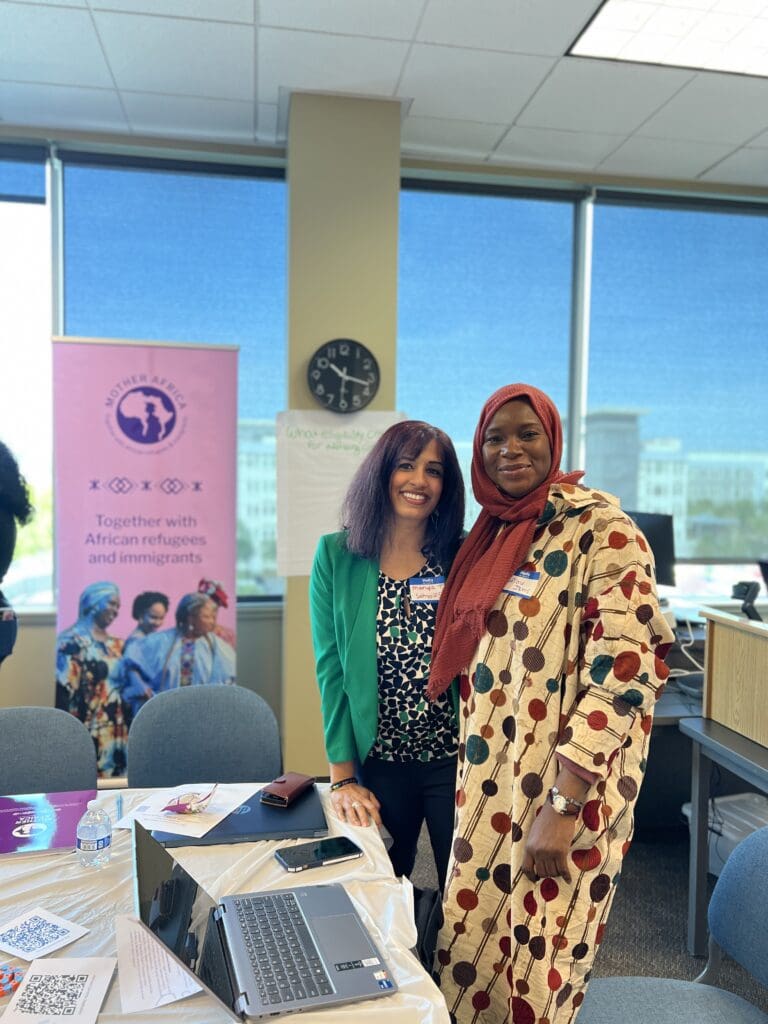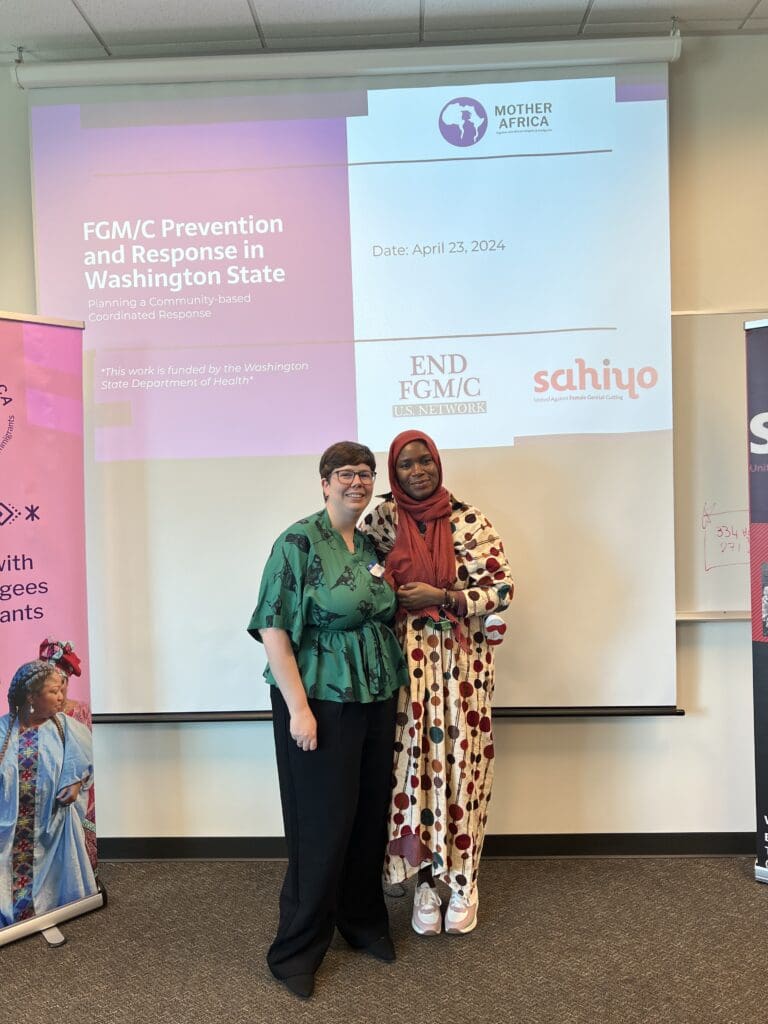Upholding the Ban on FGM/C: Global Unity and the Vital Role of American Media
Posted: April 29. 2024
In recent years, there has been a growing global movement to end female genital mutilation/cutting (FGM/C), a practice that over 230 million women and girls have undergone worldwide according to recent data released by UNICEF. One significant milestone in this fight was The Gambia’s decision to ban FGM/C in 2015. “This was a landmark victory for activists and women’s rights groups everywhere and I remember asking myself whether it was a dream. I joined the movement against FGM/C 15 years ago and I had the opportunity to train and sensitize over 800,000 Gambians on the harmful impacts of the practice. Despite numerous challenges in raising people’s awareness about the harmful effects of FGM/C, massive success has been registered even before the ban. Various communities publicly declared an end to FGM/C and joined the movement to end it everywhere. This came as a result of consistent campaigns, advocacy, and collaboration among activists, survivors, and stakeholders” says Isatou Jeng, our Technical and Training Assistance Coordinator.
Upholding this ban is crucial not only for the protection of girls within The Gambia but also for setting an example for the rest of the world. The commitment of The Gambia’s government to enforce this ban sends a powerful message that FGM/C has no place in any society, and it paves the way for other nations to take similar decisive actions. Isatou continues, “I still live with the scar and trauma as a survivor of FGM/C, which is the lived reality of many women and girls who went through this practice. I do not want any more girls or women to go through what I am going through. Therefore, upholding the ban means saving thousands of girls from undergoing FGM/C in The Gambia. I plead for more global support and solidarity to ensure the ban is not repealed.” Join us in upholding the ban on FGM/C in The Gambia by signing this petition.


It is encouraging to witness how different parts of the world are rallying to uphold this ban on FGM/C in The Gambia. This collective effort showcases the global commitment to eradicating this practice and ensuring the rights and well-being of women and girls everywhere. However, while progress is being made internationally, it is equally important to address FGM/C within the United States. The United States has its own history of practicing FGM/C, and despite being illegal in the U.S. since 1996, FGM/C continues to be practiced within our own borders and even in our healthcare systems today. It is important for the United States to reconcile with our own history of using FGM/C as a medical treatment for conditions such as “lesbianism”, “hysteria”, masturbation, and other diagnoses used to control women’s bodies and behavior. In addition, we must call out the implicit (and sometimes explicit) racism, xenophobia, and anti-Blackness that exists when we call out FGM/C that occurs in African countries such as The Gambia, yet fail to acknowledge that this practice occurs within our own borders. Therefore, it’s important to bring attention to FGM/C in mainstream American media that can help raise awareness, challenge cultural norms, frame FGM/C as a global issue, and provide support for survivors.

Mainstream American media plays a crucial role in shaping public opinion and driving social change. FGM/C is a violation of human rights and therefore requires everyone’s efforts, most especially the media to end it. I will take the case of The Gambia where the media played a significant role in ensuring a ban on FGM/C in 2015. It helped deliver messages and information at every doorstep and amplify the work of activists across the country. By actively discussing FGM/C, media outlets can amplify the voices of survivors, educate the public about the ramifications of FGM/C and advocate for policy changes and support services. By integrating discussions about FGM/C into mainstream conversations, we can break the silence surrounding this issue, foster greater understanding and empathy, and ultimately contribute to ending FGM/C not only in The Gambia but also around the world.
